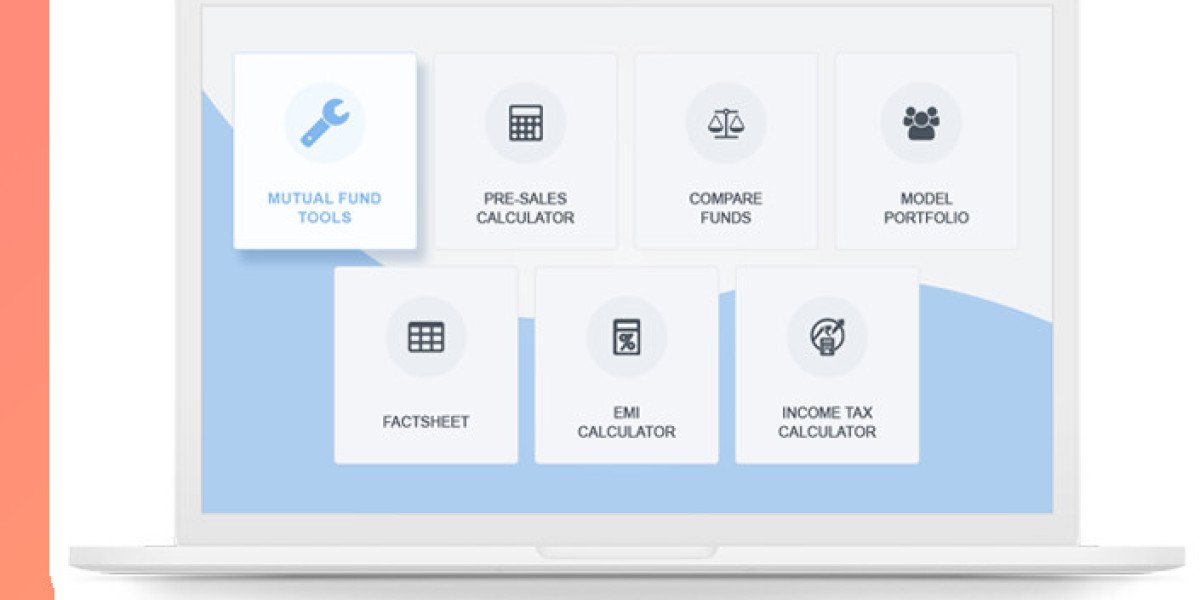Automation and self-service functionalities have revolutionized the customer service landscape, empowering businesses to streamline operations, enhance efficiency, and deliver exceptional customer experiences. In this article, we'll delve into how automation and self-service features in customer service software impact agent workload and productivity.
1. Reduced Repetitive Tasks:
Automation in customer service software eliminates repetitive and mundane tasks that would otherwise consume valuable agent time. Routine activities such as email categorization, ticket routing, and data entry can be automated, allowing agents to focus on more complex and high-value interactions. By freeing agents from repetitive tasks, automation boosts productivity and enables them to allocate their time and energy more effectively.
2. Improved Efficiency:
Self-service options provided by customer service software empower customers to find answers to their questions and resolve issues independently. Knowledge bases, FAQs, chatbots, and IVR systems allow customers to access information and support 24/7 without requiring agent intervention. As a result, agents spend less time handling routine inquiries and can dedicate their expertise to resolving more challenging cases. Improved efficiency leads to faster response times, reduced handling times, and higher customer satisfaction levels.
3. Enhanced Agent Focus:
Automation and self-service functionalities enable agents to focus on tasks that require human intervention, critical thinking, and problem-solving skills. Instead of spending time on repetitive tasks or simple inquiries, agents can dedicate their attention to complex customer issues, escalations, and personalized interactions. This shift in focus not only increases agent satisfaction but also improves the quality of service delivered to customers.
4. Scalability:
Automation and self-service options in customer service software enable businesses to scale their operations efficiently to meet growing customer demand. As customer inquiries increase, automation tools handle a larger volume of routine tasks, allowing businesses to maintain service levels without significantly increasing agent headcount. This scalability ensures that customer service operations remain agile and responsive to changing business needs.
5. Continuous Improvement:
Customer service software equipped with automation features provides valuable insights into agent performance, customer interactions, and service metrics. Analytics tools track key performance indicators (KPIs) such as response times, resolution rates, and customer satisfaction scores, enabling businesses to identify areas for improvement and optimize workflows. By leveraging data-driven insights, businesses can refine their automation strategies, streamline processes, and enhance agent productivity over time.
6. Personalized Support:
While automation handles routine tasks and self-service options cater to straightforward inquiries, there will always be situations that require personalized support from agents. By reducing the burden of repetitive tasks, automation frees up agents to focus on delivering personalized, empathetic, and value-added assistance to customers. This personalized approach strengthens customer relationships, fosters loyalty, and differentiates businesses from competitors.
Conclusion:
In conclusion, automation and self-service functionalities in customer service software have a profound impact on agent workload and productivity. By automating repetitive tasks, improving efficiency, enhancing agent focus, enabling scalability, facilitating continuous improvement, and supporting personalized support, automation and self-service options empower agents to deliver exceptional service and meet the evolving needs of customers. Businesses that leverage automation and self-service capabilities effectively can optimize agent productivity, increase customer satisfaction, and drive long-term success in today's competitive market.
 AdBlock Detectado
AdBlock Detectado








